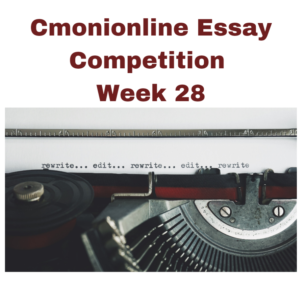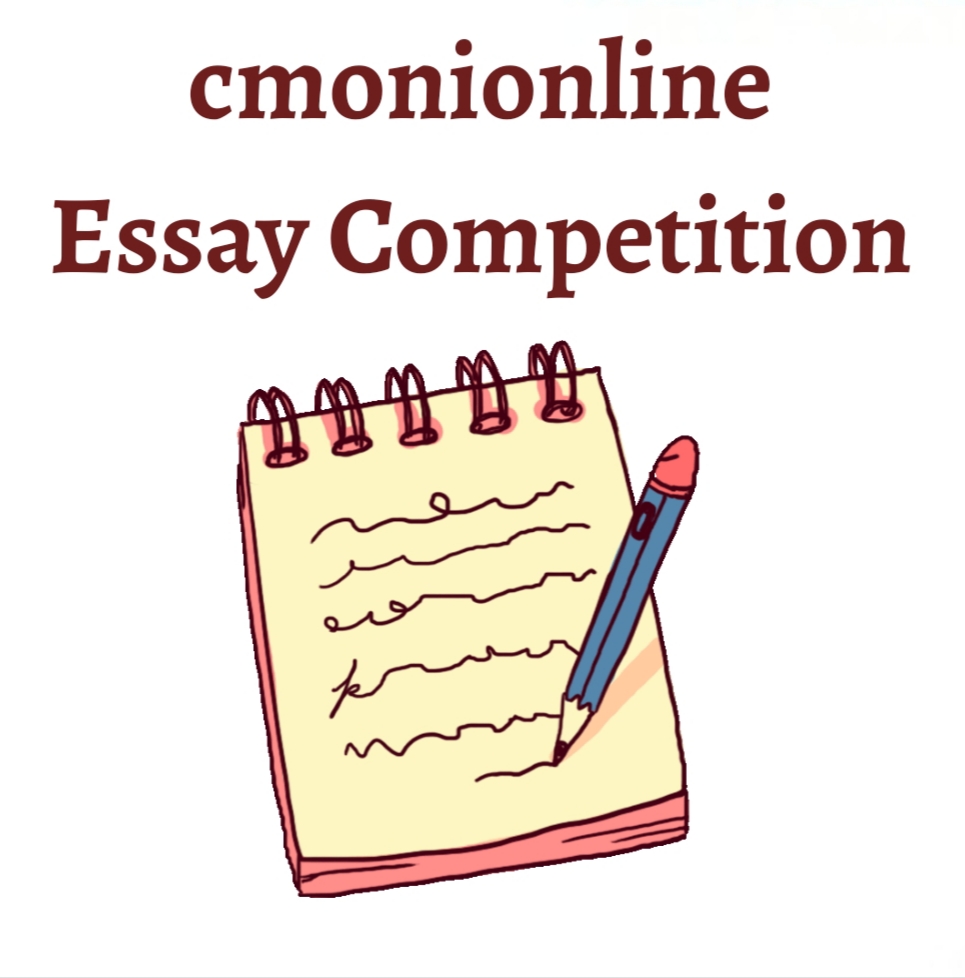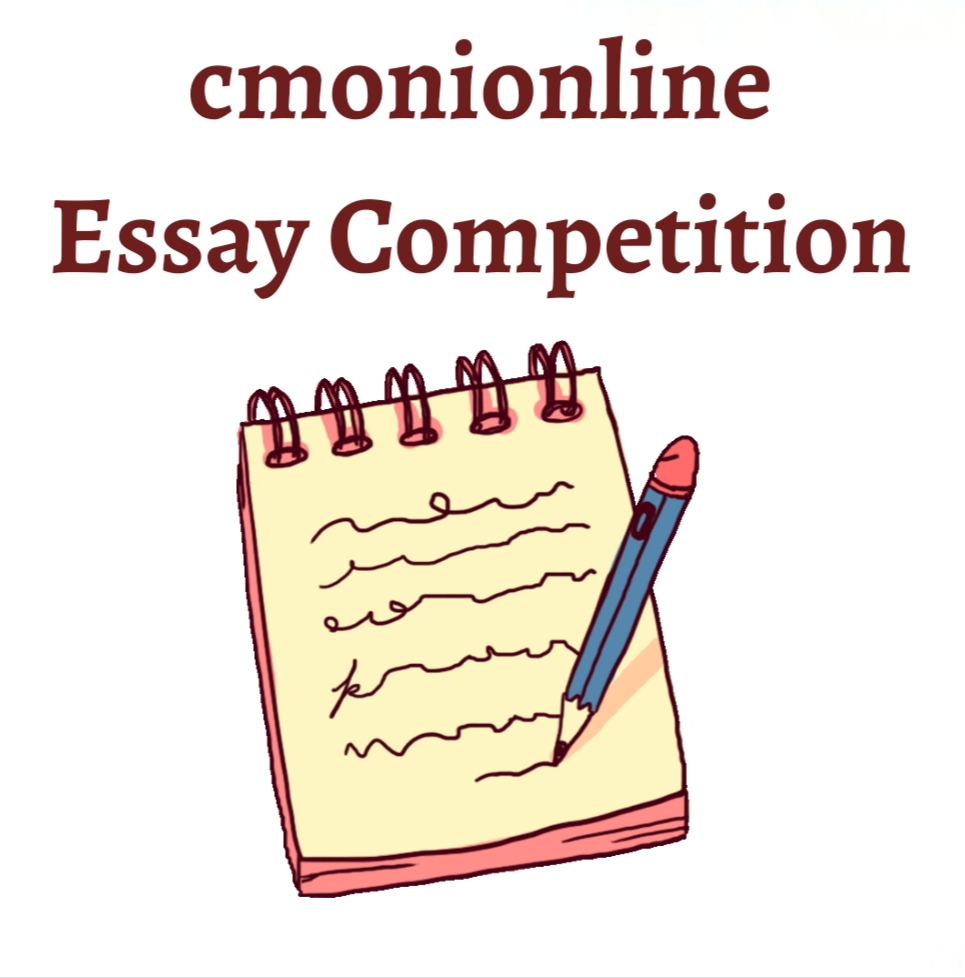Dear Reader,
You are about to witness a thought-provoking essay; a discursive analysis as to whether illiteracy has a nexus with most social problems. Simply put; can illiteracy be said to be behind most social problems?
Come on now on board this journey with an open mind; be willing to shift some grounds, be willing to learn and unlearn a few things. For when this happens, the writer and the reader can rehearse a confluence and have healthy cross-pollination of ideas. The outcome at the end of the essay promises to be a sweet romance.
Regards!
**********************************************************************************
“Blame it on illiteracy,” has oftentimes pushed the belief that society is getting worse; that social problems are on the ascendency because many can neither read nor write. Whenever there is significant social distortion – evidenced by a few social problems, – it will be blamed, one way or another on illiteracy. But, is that always the case? How justifiable can it get to draw such a conclusion? Does it mean the literate societies are bereft of any social problems? These and many more, are the burning questions the essay will answer.
But what constitutes illiteracy?
Illiteracy is the inability to read and write; the inability to understand a subject. Impliedly, when one can garner appreciable skill in reading and writing, a fertile ground for knowledge transfer is guaranteed, and ignorance, no longer a monkey on one’s back.
The blame game…
The essay takes an unfamiliar position in this analysis. This is because it is not surprising to find illiteracy taking the blame for most social tragedies. Society is no longer in a hurry to hold itself accountable for its infractions. What an individual does, becomes the product of a blame game. Yet, one questions whether shifting responsibility for social problems from a collapse of core societal values to illiteracy is ultimately in the best interest of society. Little wonder, therefore, the writer chose the title, “cut illiteracy some slack.” It is anticipated that by the end of the essay, there would be an understanding of the justification(s) behind such a bold title.
Methodology…
To do this analysis, the essay would limit its scope to the Nigerian society; going a step further to choose our ivory towers – our citadels of learning – as an ‘experimental’ sample, to represent a group of the larger society. Keep in mind the focal sample so chosen is known for its bastion of literacy and knowledge. Other sampled societies in the essay are the democratic institutions like the Parliament, the Judiciary, and the Press. Can there be any social problems in such highly literate societies? The essay shall tell anyway.
By the way, what is a social problem?
It is an issue within the society inhibiting people from achieving their full potentials. In our highly literate societies under focus, many social problems abound; from corruption to bribery, from human rights abuses to ethnic discriminations; from cultism to substance abuse; from rape to sex for grades, the list is endless. And all these end up inhibiting any society from rising to the various zeniths of their potentials.
Talking about corruption, The Federal Government in one of the recent industrial disputes, accused the universities’ hierarchies of paying ghost lecturers and also, indicted them for the shortfall in tax deductions by dubious vice-chancellors who connive with their bursars during salary payments. How about vice-chancellors that bribe their way through accreditation panels from the National Universities Commission in other to influence the accreditation of courses, even when it’s clear material and human resources for such courses are in shortfall.
In most varsities, for an alumnus or alumna to process his or her transcript of academic records for admission into further studies, money often has to surreptitiously exchange hands before one is being listened to. This is not even part of the money needed to fast-track the whole process.
On the part of lecturers, it is no longer news that some of them demand sexual gratification in exchange for grades. They have also formed the habit of ‘sorting’ – a nomenclature describing a situation where students are made to offer money in exchange for good grades after semester exams. These lecturers have also gone ahead to lure unsuspecting students into one or two social vices.
Students on their part, indulge in other social problems like cultism and substance abuse even when it’s clear they know its consequences. They play truancy in school and engage in examination malpractice. The question is, are these lecturers and students illiterates?
A quick U-turn from our ivory towers to another case study, which is the highly literate journalism and press society. They are also not shielded from some of the social problems raving present-day society. Some mainstream media for obvious reasons have inadvertently abandoned their watchdog duties to pursue ‘brown envelopes’ – a subtle name for bribe – before events are covered; before ‘unbiased’ reporting is done.
The story is not also different for our ‘literate’ parliamentarians. Many of them have left their oversight functions of bringing the dividends of democracy closer to the people, to rather embezzle funds earmarked for constituency projects. Needless to also mention the judiciary, where you find some judges who are keen to subvert justice for material gains.
Our post-primary school system is also not left out. Dubious principals and proprietors of schools connive with examiners from the ministry of Education to aid and abet examination malpractice during senior secondary school examinations. Are these principals illiterate?
Truly, there is no gainsaying that illiteracy affects virtually all facets of life and not just social life. It is, in itself, a social problem. Those with low literacy skills are much more likely to live in other social problems like unemployment and poverty. They are unlikely to participate in social and community involvements because they do not understand the need to do so. Illiterates struggle to know their rights simply because they can’t read the constitution. They are naïve, impressionable, and can easily be bought over during elections.
The consequences of illiteracy no doubt is grave, but the focus remains whether illiteracy is the causative agent for most social problems. Remember that the social problems earlier x-rayed in the essay have all been perpetrated in small samples of the larger societies where literacy levels are supposedly high.
Again, go to our ministries, departments, and agencies, social problems still abound there. Before a file is treated, monetary incentives must take place. Before promotions are done, ethnic and religious bias must rise above merit. Are the perpetrators all illiterate? Certainly not!
It is therefore instructive to know that the discursive analysis is not an attempt to deviate from the topic; rather, it is a deliberate exposure of the total collapse of our value system. This makes blaming these problems on illiteracy alone, somewhat diversionary.
But then, what should we rather do?
The only way forward is for society to awaken its fundamental core values. From parents to religious leaders to the government. A complete reorganization of our value system is most imminent. A breakdown in family values, for instance, has implications on our larger society.
The National Orientation Agency, NOA, must rise to the challenge in this direction to ensure an overhaul of our thought processes as a society. Literacy to a large extent is not a precursor of knowledge of good and bad. You don’t need literacy for instance to know that to beat the traffic is bad. This is why every Tom, Dick, and Harry must have a total rebirth.
Summarily, the essay has been able to investigate whether illiteracy is behind most social problems. It narrowed the sample population in the discursive analysis to academic institutions, the mainstream Media, Parliamentarians, and the Judiciary, to draw its perceptions. From these perceptions, the essay established that illiteracy is not the precursor of social problems. This is because, the sampled populations are all literate societies; yet, there remain a plethora of social problems within their domains. The essay rather concludes that the major cause of most social problems is a dearth of the basic core values any society should possess.
To this end, it would therefore be pretty preposterous to reach a hasty conclusion that social problems within the society should only be blamed on illiteracy. Dear reader, with this in mind, wouldn’t it be justified then, to cut illiteracy some slack?
Oluka Emmanuel Chukwuemeka is a graduate of Electronic and Computer Engineering from the Nnamdi Azikiwe University, Awka, Anambra State. He is a research enthusiast and a passionate writer. He writes in from Enugu and can be reached via “write2oluka@gmail.com”







